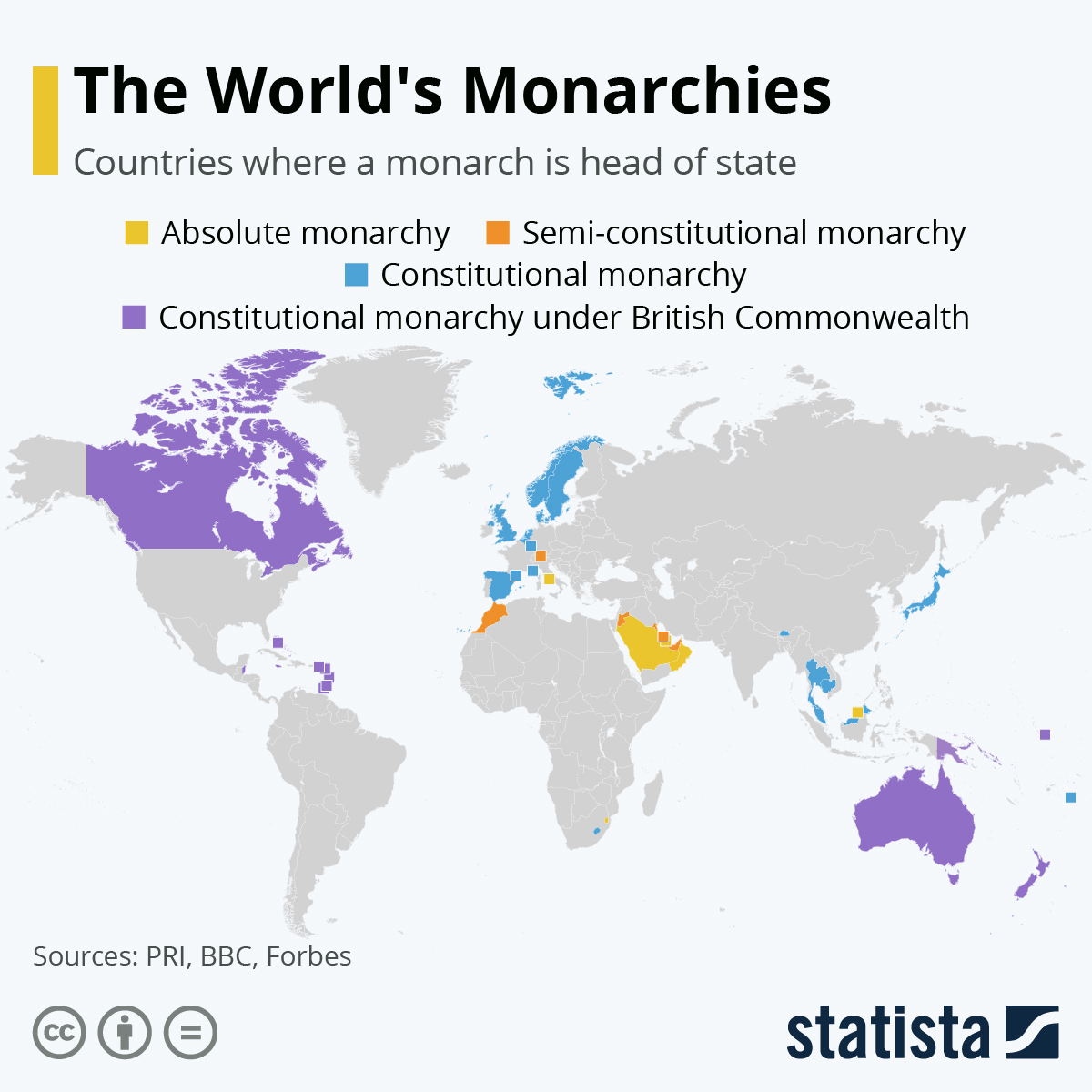The coronation of King Charles III this Saturday will be an exercise in pomp and extravagance. People around the world will be following the spectacle closely, but critics have also been using the occasion to point out the cost and anachronistic nature of the institution that is the British monarchy. While opinions on whether the British crown is gobbling up or generating money differ, ending the official status of the UK's royal line would have far-reaching consequences globally.
In addition to British Overseas Territories, King Charles III serves as the head of state of 14 sovereign countries other than his own – making the UK the most prolific among the world’s 17 constitutional monarchies which keep employing monarchs as representative heads of state. However, the fabric of the British Commonwealth has lately tattered somewhat. Barbados removed the British monarch as the head of state in 2021, while Jamaica last year announced that it was also starting the process. Barbados took the step after 55 years as an independent Commonwealth member, while Jamaica celebrated its 60th year of independence in August of 2022. Barbados was the first country in almost 30 years to drop the British monarch. Mauritius, Guyana, Trinidad and Tobago as well as Dominica had previously opted for a different head of state.
In addition to constitutional monarchies, there are also still a dozen countries around the world which are absolute or semi-constitutional monarchies, meaning that monarchs yield considerable powers there. These types of systems are most common today on the Arabian Peninsula, even though Morocco, Brunei, Eswatini and Liechtenstein also count among them. Semi-constitutionalism – where monarchs and elected representatives share powers – ranges from countries which let monarchs retain some powers next to an elected parliament to so-called elective monarchies, which elect leaders from a group of royals – the governing system of the United Arab Emirates. The Pope is also elected from a group of cardinals, but he is the singular ruler over the Vatican, therefore considered an absolute monarchy.
Ten countries in Europe and five in Asia as well as Tonga and Lesotho retain their own monarch in a representative function and as head of state. Traditional subnational monarchies are prolific in Indonesia and South Africa, where the king of the Zulu nation, Misuzulu Sinqobile kaZwelithini, holds considerable informal power in the Eastern region of KwaZulu-Natal.






















